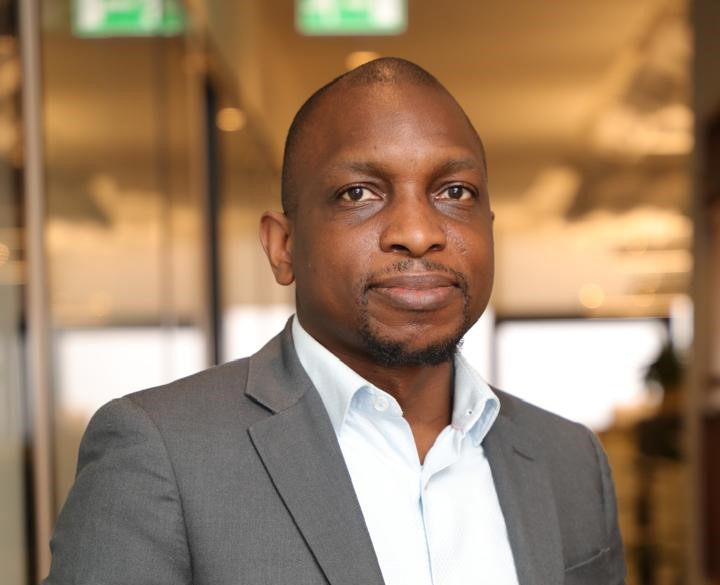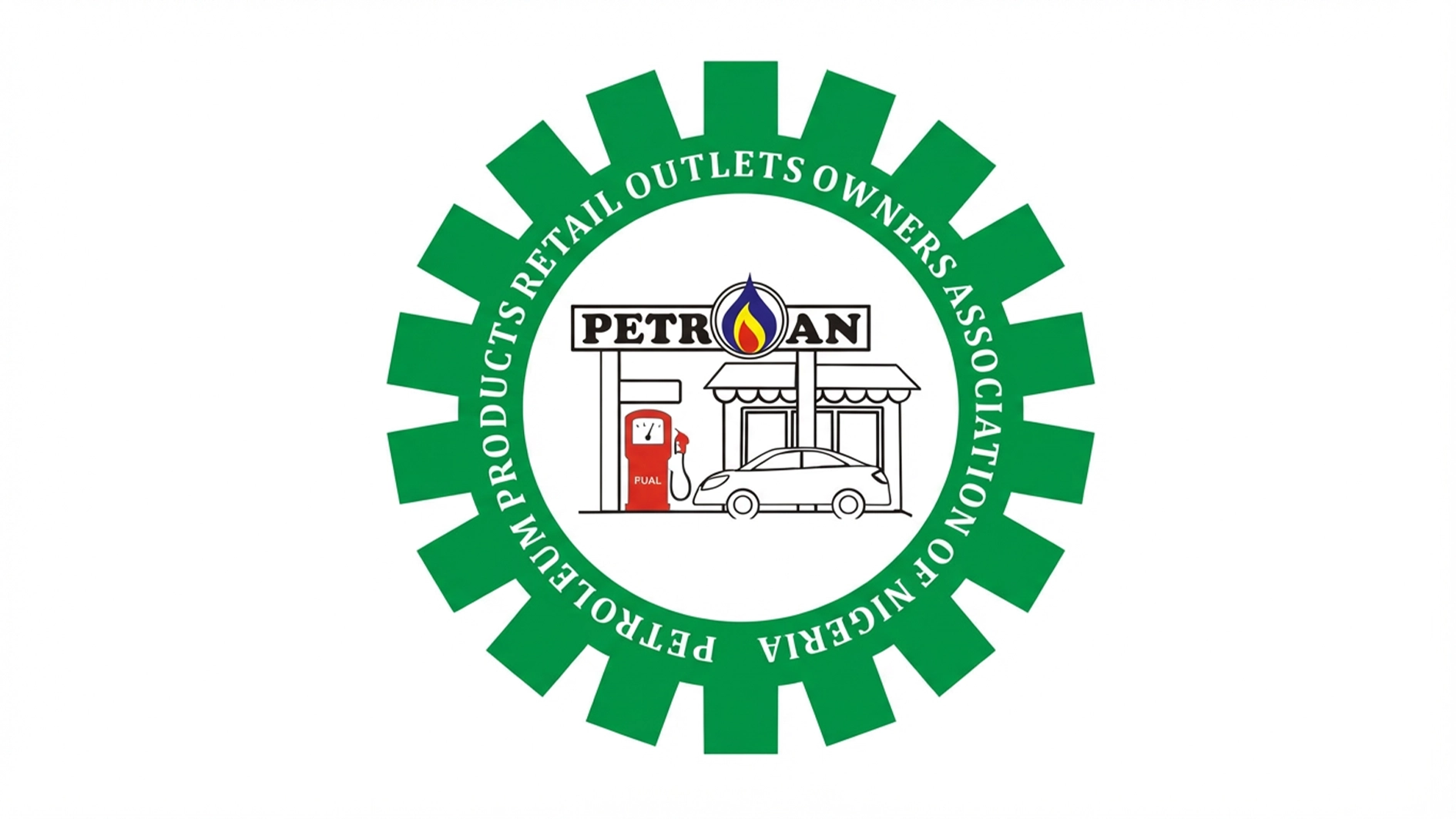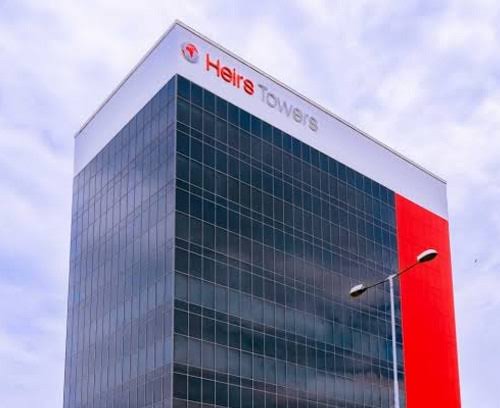 Dr Damola Omole is the Director of Utility Innovation at the Global Energy Alliance for People & Planet (GEAPP). In this interview with KINGSLEY JEREMIAH, Omole discusses the energy crisis in Nigeria and other African countries and the innovative solutions to electrifying Africa.
Dr Damola Omole is the Director of Utility Innovation at the Global Energy Alliance for People & Planet (GEAPP). In this interview with KINGSLEY JEREMIAH, Omole discusses the energy crisis in Nigeria and other African countries and the innovative solutions to electrifying Africa.
How can we attract more capital to support African countries to reach universal energy access, create jobs, build the value chain and be owned by local communities?
Closing the green energy investment gap in developing countries requires innovative financing structures. GEAPP leverages a wide range of blended finance and flexible capital solutions, enabling organisations to co-invest and multiply funds. By deploying our agile capital – including debt, equity, guarantees, and grants – we test ideas, scale them, and create momentum around these sectors to drive sustained, irreversible change. Our approach is designed to nurture projects, mobilise additional funds, and demonstrate successful transactions that attract more capital.
Market shaping plays a crucial role in driving long-term system change. GEAPP supports pilot projects and creates positive demonstration effects that attract new market entrants and justify additional investment. By working closely with the private sector, we help demonstrate new business models and provide the flexible venture support needed for companies to explore new sectors and expand their impact. Through these efforts, we also help create jobs, build local value chains, and empower communities to take ownership of their energy future.
Addressing the problem of energy access in Africa and climate finance generally have been more about talk than action. Is GEAPP another ambitious initiative to electrify millions of Africans by 2030?
In the three years since its inception, GEAPP has made significant progress in advancing clean energy solutions globally. To date, we’ve invested over $440 million in projects, connecting 1.2 million people to new or improved energy systems across nine countries and supporting over 600,000 new jobs and livelihoods. Our efforts have reduced 44 million tons of CO2 over the lifecycle of our projects.
Meanwhile, our focus on distributed renewable energy (DRE) and battery energy storage systems (BESS) has enabled us to build the world’s largest portfolio of mini-grids, with 722 mini-grid investments currently in operations across Asia and Africa. Extending the national grid can be an expensive and lengthy process. Decentralising the grid with distributed renewable energy systems such as rooftop solar panels and mini-grids helps bring power to underserved communities at a low cost and helps scale more reliable low-carbon technologies.
As renewable energy becomes the cheapest form of power in history, GEAPP is driving a green energy revolution on the continent and beyond by partnering on initiatives such as Mission 300. Led by the World Bank Group (WBG) and African Development Bank (AfDB), with support from the Rockefeller Foundation, GEAPP and SEforALL, with a shared goal of connecting 300 million Africans to electricity by 2030, the initiative aims to unlock new economic opportunities and transform lives at a pace and scale never seen before.
How is GEAPP’s approach different from the many elusive clean energy initiatives that have been launched in support of Africa?
To scale commitments in renewable energy projects across Africa, we need to show local investors that investing in these projects isn’t as risky as it seems.
Countries such as Sierra Leone, which recently launched its Energy Transition and Green Growth Plan, have the political will and regulatory enablement in place for the growth of renewable but suffer from the perception of high risk among investors.
GEAPP’s capital is risk-tolerant with limited conditionality, which positions us to drive investment into underfunded sectors and underserved areas where traditional investors may hesitate. For instance, we are supporting Sierra Leone’s energy transition plan through our Productive Use Appliance Financing Facility (PUAFF). PUAFF has helped provide viability-gap subsidies for the supply of over 20,000 productive use appliances – including walk-in cold rooms, refrigerators, electric cookers, and solar water pumps – reaching more than 100,000 people in six African countries, including Sierra Leone.
Our country-led approach also ensures our solutions are tailored to local priorities and unique contexts. Recognising that high capital costs are a significant barrier to renewable energy adoption, we partnered with Chapel Hill Denham to deploy $50 million into DRE projects across Nigeria through a local currency facility. We’re helping to increase the availability of Naira-denominated debt and equity for off-grid energy developers, addressing funding challenges in local markets and creating long-lasting ecosystems where clean energy can thrive and drive economic growth.
Looking specifically at Nigeria, what projects or initiatives are GEAPP and its partners currently involved in, and how do they fit into the country’s broader energy transition plans?
Nigeria has the largest electricity access deficit in the world, with nearly 90 million of its population without power. GEAPP is committed to solving the nation’s energy trilemma: ensuring energy security, environmental sustainability, and affordability.
We’re helping Nigeria’s distributed renewable energy (DRE) sector move forward sustainably and at scale. We’re working to lower the cost of energy through our DART programme (Demand Aggregation for Renewable Technology), taking small DRE companies’ procurement needs and aggregating them for scale. In partnership with RMI and Nigeria’s Rural Electrification Agency, we’re also leveraging innovative energy solutions to drive cross-sector interventions, stimulating demand for mini-grid renewable energy by promoting productive uses such as irrigation systems for smallholder farmers.
Looking to the future, BESS has a critical role to play to accommodate more renewable energy in support of Nigeria’s drive for more on-grid generation (which is currently around 5,000MW, although demand is estimated to be 10 times higher). We’re committed to scaling BESS solutions in Nigeria, one of the first-mover countries that committed to our BESS Consortium. We see the battery energy storage systems (BESS) as a global market exceeding $100 billion and are eager to drive innovation through finance and cutting-edge technology to accelerate Nigeria’s transition to a more sustainable energy future.
The BESS market is growing rapidly outside Africa, how will the rise of BESS technology benefit African individuals, households and businesses?
By enabling utilities to better manage energy demand and avoid spikes in consumption, BESS helps stabilise power supply while shielding consumers and industries from rising energy costs. For households and businesses, BESS reduces electricity expenses during peak hours by storing and dispatching cleaner, cheaper energy when it is needed most.
We recently launched our first BESS project in Africa – a 20MW system in Lilongwe, Malawi. In a country where electricity access is limited and grid reliability is frequently impacted by extreme weather – such as Cyclone Ana in 2022, which wiped out 30 per cent of the electricity supply – the project will stabilise power for homes and businesses. This initiative also demonstrates the value of grid services as a business model in Africa, setting the stage for scaling similar projects across Consortium countries, which, alongside Nigeria, include Barbados, Belize, Burkina Faso, Egypt, Ghana, Honduras, India, Kenya, Mauritania, Mozambique, Uruguay, and Togo. By 2030, we aim to unlock 90 GW of BESS deployments to enable 400 GW of renewable energy capacity.
BESS also holds the potential to drive the growth of a transformative industrial sector in Africa. The continent possesses at least one-fifth of the global reserves of critical minerals essential to the energy transition, including lithium for electric vehicle batteries and grid-scale storage. Developing local supply chains and manufacturing capacity could enable Africa to add value to its resources, positioning the region as a global leader in battery technology through component production for international markets.
Given the Africa Climate Summit at COP29, what steps are African nations and partners taking to mobilise capital and implement projects that drive green growth?
At COP29, GEAPP, alongside African leaders, co-hosted the Africa Climate Summit High-Level event, highlighting the critical need for climate justice and financial reform to support Africa’s climate and development goals. African nations, united in their voice, are calling for urgent climate adaptation funding and stronger multilateral collaboration to build resilience and safeguard livelihoods.
GEAPP also hosted a roundtable, in partnership with Goals House, on how to unlock the immense promise of battery storage to deliver a just energy transition in emerging markets. To meet the target of 400GW of renewable energy needed by 2030 to alleviate energy poverty and cut a gigaton of CO2 emissions, 90GW of storage capacity must be developed. Convening like this plays a crucial role in securing global buy-in, providing a platform to test and scale innovative ideas, and fostering a movement that drives lasting and irreversible change.
Looking ahead to COP30, the urgency to deliver the right solutions for the greatest challenge facing people and the planet has never been clearer. African-led climate innovation must be funded – and fast. Initiatives like the Accelerated Partnership for Renewables in Africa (APRA) and the Africa Green Industrialisation Initiative (AGII) have already made transformative strides in scaling climate-aligned infrastructure projects. But the scale of Africa’s challenges demands more from us and the international community.
To meet this demand, Africa and its global partners must rethink financing mechanisms, moving beyond traditional climate finance. This includes expanding blended finance models, leveraging African-based green bonds, and creating de-risking financial instruments to unlock new capital that will power Africa’s green transformation.






